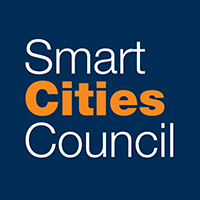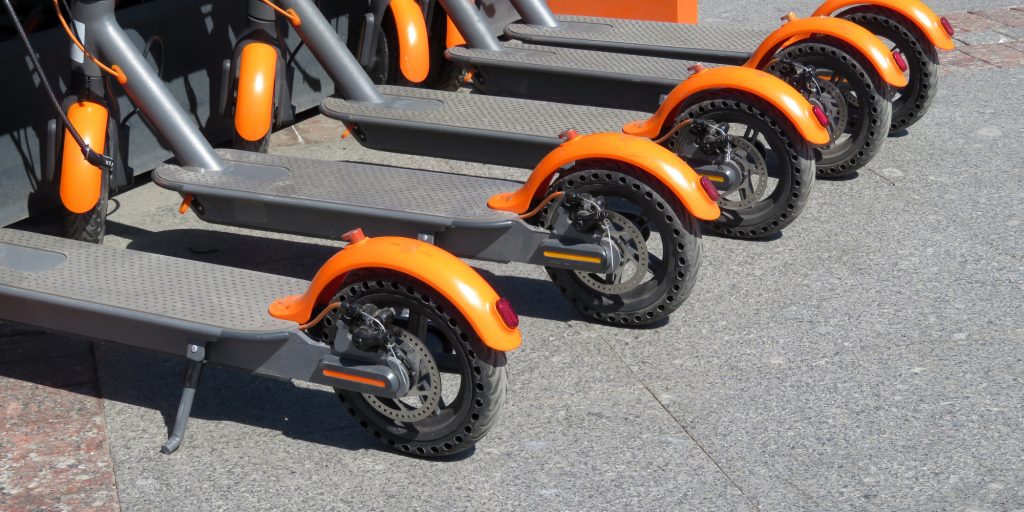Detroit’s different take on electric scooters
As electric scooters began to proliferate on downtown streets and sidewalks roughly a year ago, cities had different reactions to the phenomenon. Some cities banned electric scooters until the providers obtained permits and other cities restricted their numbers until they could figure out how to regulate the tiny two-wheelers. The city of Detroit and its partners, however, think scooters have the potential to contribute to traffic safety — and more inclusive mobility.
Detroit, working with the National Association of City Transportation Officials (NACTO), scooter and dockless bike share providers and others, will work together to develop what they describe as a comprehensive standard and analysis tool to take advantage of mobility data the scooter and bike companies will provide.
The point? “The resulting data standards and open source tools will allow other cities and private sector mobility operators to collaboratively manage streets and achieve key mobility, safety and equity goals, while protecting privacy,” according to a NACTO announcement.
The data heavy lifting will be conducted by SharedStreets, a non-profit that focuses on building new options for digital public-private collaboration. The dockless data standards will be designed to give cities a way to collect and assimilate information such as trip origins and destinations, availability, travel times and general usage.
Detroit Mayor Mike Duggan fully supports the standards pilot project. “In just one year, scooters have completely transformed mobility. In Detroit, we took a forward-looking view on this new option to understand how it could make it easier for Detroiters to get around,” Duggan said. “Our next step is to use data to better inform our decisions, whether it’s providing more mobility options in more neighborhoods or making sure scooters aren’t blocking the right of way.”
NACTO Chair Janette Sadik-Khan further explained the project this way: “We’ve made progress updating the hardware of today’s streets, and with SharedStreets we can build the software we need to manage the streets of tomorrow. By merging private sector data with public sector street design tools, we can keep people moving and build cities that work for everyone, no matter how they get around.”
More scooters = more inclusivity?
Shortly before the standards announcement, Detroit officials announced it is expanding its scooter program by allowing Lime and Bird to add more scooters to their fleets — with the provision that they place 100 of them in neighborhoods outside the immediate downtown area, according to a Curbed Detroit article. The city also has updated its scooter guidelines.
Jesse Berst is the chairman of the Smart Cities Council, which helps cities use technology to become more livable, workable and sustainable. Apply now for the Council’s Readiness Challenge, which provides tools and hands-on mentoring to help cities accelerate their smart cities initiatives.





















